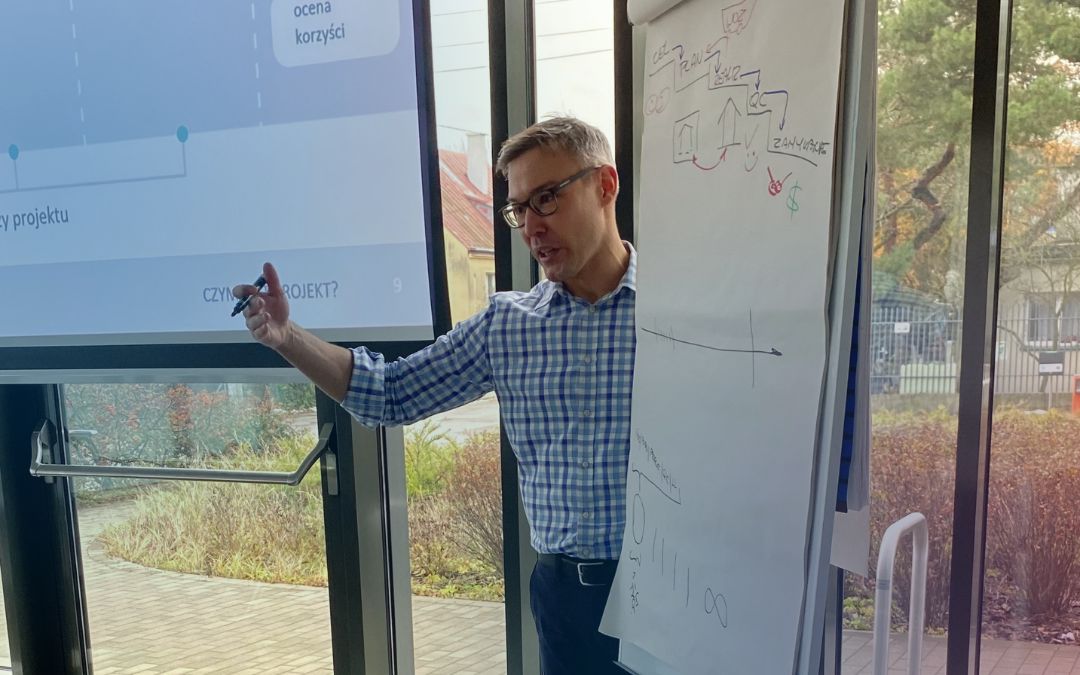Today, one of the most recognizable buildings in the world, stunning with its original construction and included on the UNESCO World Heritage List. In the 1950s, a controversial building, a building whose construction exceeded the budget at a record level, and finally a building that made the most of the technical capabilities of the engineers of that time. The Sydney Opera House, as this is what we are talking about, had its difficult beginnings.
A very original and bold architectural design was selected and it was decided to use the latest construction technologies and materials imported from all over the world. Initially, it was planned that the budget would not exceed 7 million Australian dollars, but life verified this estimate and ultimately the cost of building the Opera House was 102 million. The first stage of construction works was completed two years later than planned. During the implementation of the investment, the chief architect Jørn Utzon resigned from his position and was then replaced by a new architectural team. Construction works ended in 1973, after 17 years of struggle.
The example may seem distant, the 1950s, distant Australia, but aren't there cases in Poland of underestimating the real amount of the budget needed to implement the investment? How many examples of construction projects do we know where the deadline was not met? Maybe even from your own backyard: building a house, renovating an apartment?
The construction business in Poland is highly developed. On the market we meet not only small construction companies, but also large players. It will not be a new discovery to say that this business relies largely on subcontractors, service providers and suppliers. Small construction companies, i.e. potential subcontractors, differ in their level of specialist knowledge, technical skills, reliability and punctuality. Large construction companies, however, rely on the subcontractors described above. We can therefore conclude that construction companies do not differ much from each other in terms of access to specialized knowledge, machines and technologies. This is due not only to wide access to subcontractors, but also to the development of construction and the openness of borders. What distinguishes a good construction company is the skillful management of available resources and completion of construction works on time and within budget - this is what mature project management is all about.
Project management methodology can be used at every stage of a construction investment. Whether it is the preparation of an investment, the development of a construction/executive design and obtaining a building permit, or the execution of construction works, the most important thing is that the work is well organized, the right people are informed, and the goal we want to achieve is visible and understandable to each team member. participating in the implementation.
Construction, like project management, is an interdisciplinary discipline - it combines technical, economic, legal and even social aspects. Every civil engineer has certainly encountered project management. This experienced person, after years of work, has already developed habits and his own way of management. It is very likely that he uses project management methodology intuitively. However, in today's dynamic, fast-moving world, do we have time to shape managerial behavior by trial and error? Isn't it better to learn from other people's mistakes than from your own? The management method is shaped not only by our character, but also by the standards of the company in which we work and by the team that reports to a given manager. Project management methodology is a collection of all good habits that can be easily adapted and adapted to the existing situation.
Construction and project management are fields that are undeniably related. The use of project management methodology in a construction company provides clear standards, which may translate into improved work organization, more efficient exchange of information and, ultimately, the achievement of the goal set at the beginning.
Author: Agnieszka Nerć










